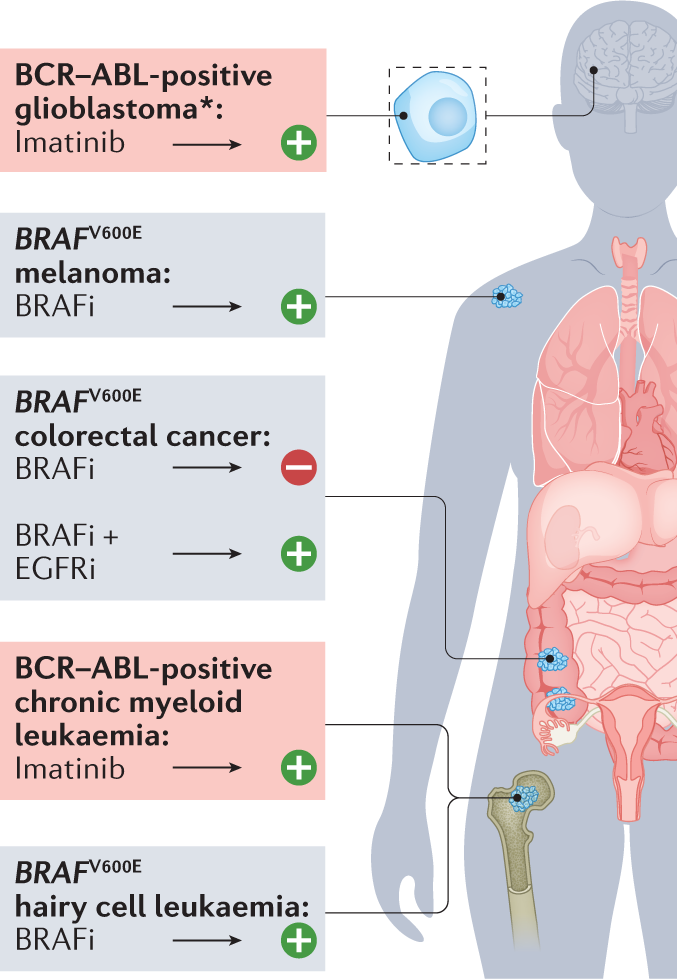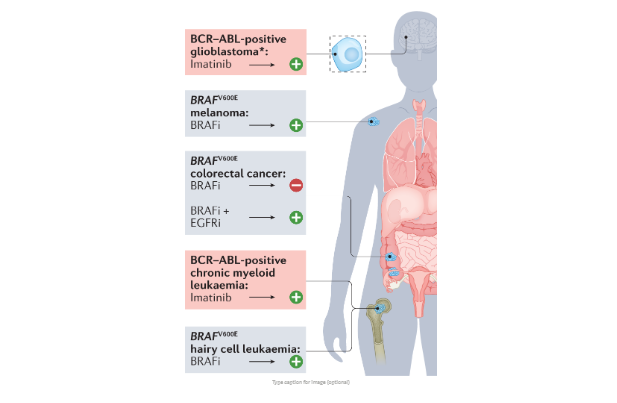health transformation institute (HTI)
the most comprehensive knowledge portal, for health transformation
Joaquim Cardoso MSc*
Founder, Chief Researcher and Editor
November 28, 2022
MSc* from London Business School — MIT Sloan Masters Program
Nature Reviews Cancer
Adam Wahida, Lars Buschhorn, Stefan Fröhling, Philipp J. Jost, Andreas Schneeweiss, Peter Lichter & Razelle Kurzrock
24 November 2022
Abstract
What is the background?
- High-throughput methods to investigate tumour omic landscapes have quickly catapulted cancer specialists into the precision oncology era.
- The singular lesson of precision oncology might be that, for it to be precise, treatment must be personalized, as each cancer’s complex molecular and immune landscape differs from patient to patient.
What is Precision Medicine?
- Transformative therapies include those that are targeted at the sequelae of molecular abnormalities or at immune mechanisms, and, increasingly, pathways previously thought to be undruggable have become druggable.
- Critical to applying precision medicine is the concept that the right combination of drugs must be chosen for each patient and used at the right stage of the disease.
What are the issues?
- Multiple puzzles remain that complicate therapy choice, including evidence that deleterious mutations are common in normal tissues and non-malignant conditions.
- The host’s role is also likely to be key in determining treatment response, especially for immunotherapy.
What is the solution?
- Indeed, maximizing the impact of immunotherapy will require omic analyses to match the right immune-targeted drugs to the individualized patient and tumour setting.
What are the recommendations?
- In this Perspective, we discuss six key riddles that must be solved to optimize the application of precision oncology to otherwise lethal malignancies.
In this Perspective, we discuss six key riddles that must be solved to optimize the application of precision oncology to otherwise lethal malignancies.
Infographic



References
See the original publication
Acknowledgements
The authors apologize to all their esteemed colleagues whose work could not be included owing to space constraints. This Perspective was inspired by D. R. Green’s work “The coming decade of cell death research: five riddles” ( Cell 177, 1094–1107 (2019)). A.W. and L.B. are supported by the Claudia von Schilling foundation. A.W. was supported by the Torsten-Haferlach Leukaemia Diagnostics Foundation. P.L. and S.F. are supported by the Molecular Precision Oncology Program of the National Center for Tumour Diseases in Heidelberg. S.F. is supported by the German Cancer Consortium.
The authors are grateful for critical discussions with D. R. Green, P. Vandenabeele, J. C. A. Melms, M. Bostock, M. Hlevnjak and J. P. Suppelna. The National Center for Tumor Diseases (NCT) Heidelberg is a partnership between the German Cancer Research Center (DKFZ) and Heidelberg University Hospital.
Authors and Affiliations
Institute of Metabolism and Cell Death, Helmholtz Zentrum München, Neuherberg, Germany
Adam Wahida
Medical Department III for Hematology and Oncology, Klinikum rechts der Isar, TUM School of Medicine, Technical University of Munich, Munich, Germany
Adam Wahida
Division of Molecular Genetics, German Cancer Research Center (DKFZ), Heidelberg, Germany
Adam Wahida, Lars Buschhorn & Peter Lichter
Division of Gynecological Oncology, National Center for Tumor Diseases (NCT) Heidelberg, Heidelberg, Germany
Adam Wahida, Lars Buschhorn & Andreas Schneeweiss
Division of Translational Medical Oncology, National Center for Tumor Diseases (NCT) Heidelberg, Heidelberg, Germany
Stefan Fröhling
German Cancer Consortium (DKTK), Heidelberg, Germany
Stefan Fröhling
Division of Clinical Oncology, Department of Medicine, Medical University of Graz, Graz, Austria
Philipp J. Jost
German Cancer Research Center (DKFZ), German Cancer Consortium (DKTK), Heidelberg, Germany
Peter Lichter
National Center for Tumor Diseases (NCT) Heidelberg, Heidelberg, Germany
Peter Lichter
WIN Consortium, Paris, France
Razelle Kurzrock
Medical College of Wisconsin, Milwaukee, WI, USA
Razelle Kurzrock
Contributions
A.W., L.B. and R.K. conceived and wrote the manuscript. S.F., P.J.J., A.S. and P.L. provided conceptual support and critically reviewed the manuscript draft.
Corresponding authors
Correspondence to Adam Wahida, Lars Buschhorn or Razelle Kurzrock.
Cite this article
Wahida, A., Buschhorn, L., Fröhling, S. et al. The coming decade in precision oncology: six riddles. Nat Rev Cancer (2022). https://doi.org/10.1038/s41568-022-00529-3
Originally published at https://www.nature.com on November 24, 2022.












